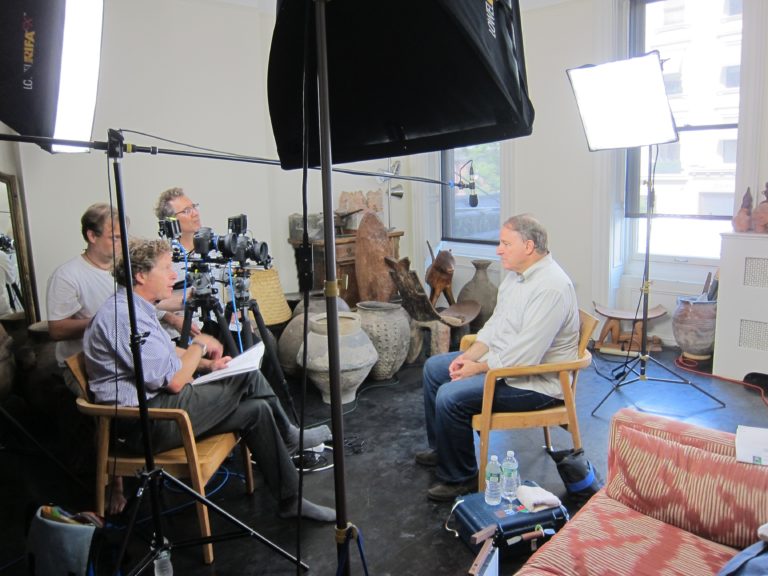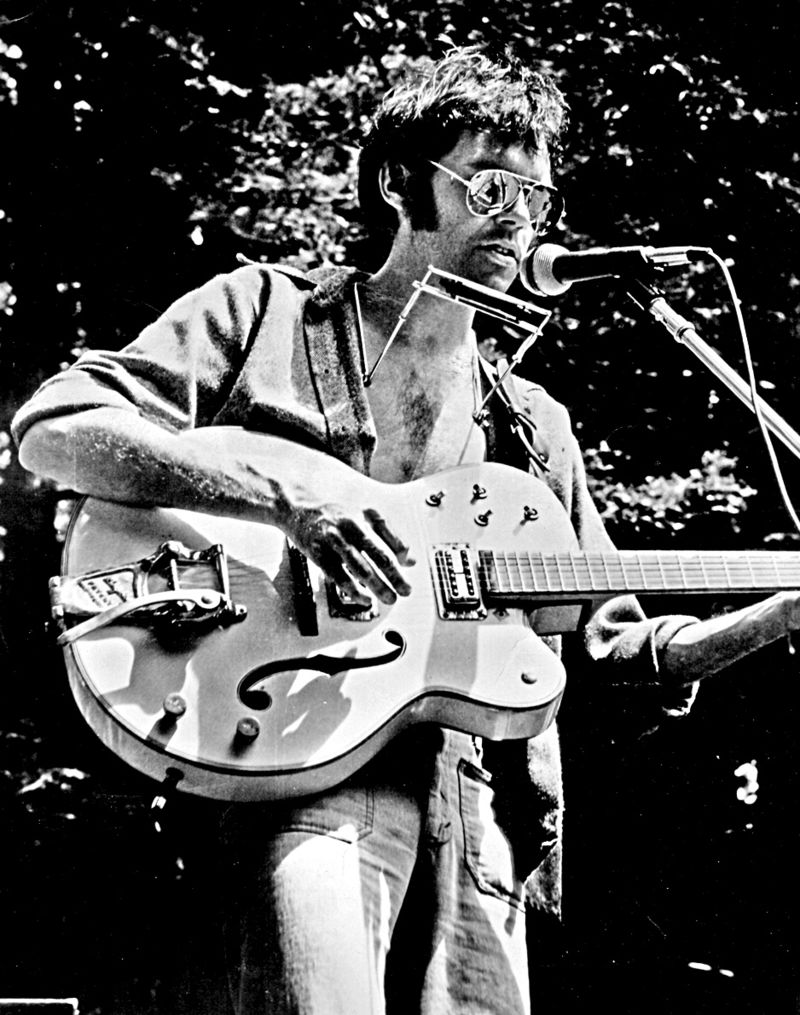Corporate Film School #6: Voice Over: Who Does Your Company Sound Like?
https://vimeo.com/486119015 As corporate communications diversifies, what should the “Voice of God” sound like? And do we really believe that someone (anyone) can tell us the way the world works? In this episode of Corporate Film School, we address some of the issues confronting the use of voice-over - the (typically) unseen narration heard over images - that sets the tone and, to an unacknowledged degree, the authorial personality and background of a video. Who do we hear when your company speaks? Filmed By: Christian Carmody Edited By: Amos Damroth


